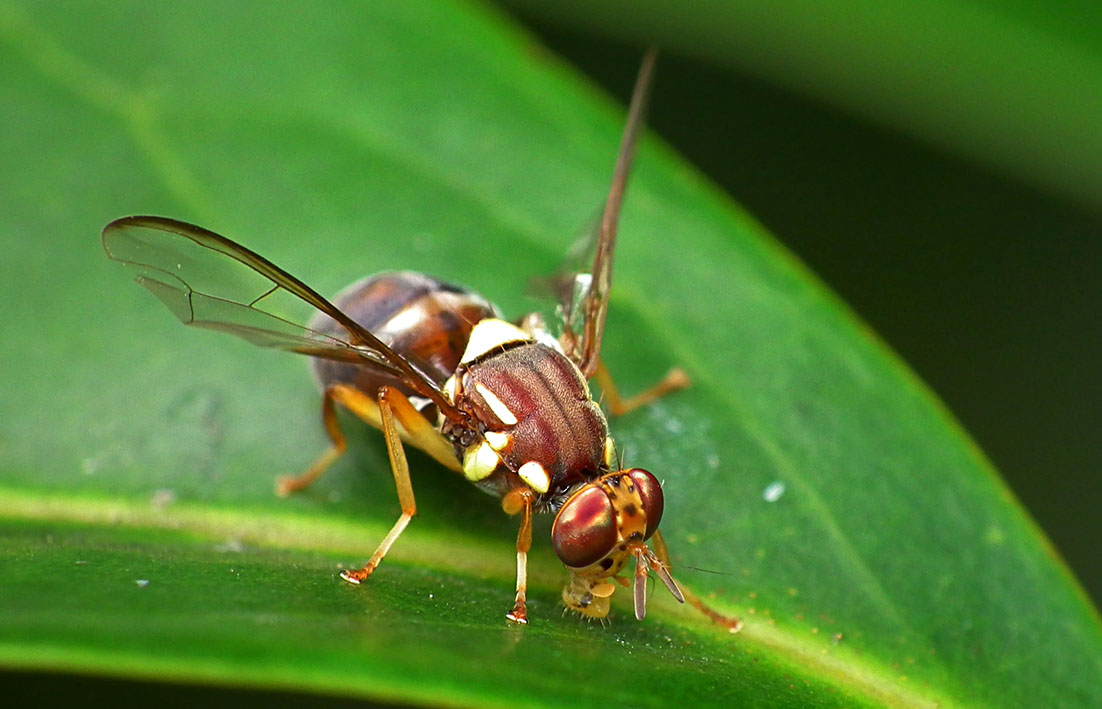
THE Swan Valley is now part of a broader buffer zone requiring growers to follow movement directions for produce following the recent detections of a damaging fruit fly in Bayswater.
The Department of Primary Industries and Regional Development (DPIRD) said it was working with Swan Valley growers, providing advice on the movement and treatment of commercial fruit within, out of and through the quarantine area.
DPIRD said while there had been no Queensland fruit fly (Qfly) detections in the outer metropolitan horticulture production districts, the Swan Valley had been included to support efforts to eradicate the serious agricultural pest requiring residents and businesses to take action.
The quarantine area for parts of the cities of Bayswater and Belmont has a small corrective action zone covering a 1.5km radius around the detection point near the intersection of Frinton and Roberts streets.
Chief plant biosecurity officer Sonya Broughton said the quarantine area was required for an efficient and effective biosecurity response and called on the community for support.
Dr Broughton said it was important everyone played a part to aid a swift response and prevent Qfly from further affecting the state’s valuable horticulture industries.
“Working together – industry, government and community – and adhering to the quarantine area directions gives us the best chance of eradicating this pest, which could impact growers’ livelihoods and access to valuable markets,’’ she said.
An extensive DPIRD eradication campaign is underway, including inspections and baiting with a registered organic control, on street trees and trees on residential and commercial properties.
DPIRD said home grown fruit and fruiting vegetables, like tomatoes, chillies and capsicums, cannot be moved out of or within the corrective action zone, unless cooked, frozen or solarised.
Unwanted fruits and fruiting vegetables can be treated by cooking, freezing or solarising before being disposed of in general waste bins.
Ripe or ripening fruit and fruiting vegetables from home gardens must be picked regularly and all fallen fruit removed every three days and cannot be moved within or outside the zone unless treated.
It is important that homegrown fruits and vegetables are not disposed of without prior treatment, as this risked spreading Qfly outside of the current zone.
The damaging pest was found in Bayswater by DPIRD’s early detection surveillance trapping grid.
Qfly is considered one of the world’s worst pests, attacking more than 300 fruits, fruiting vegetables and fruiting plants, as well as home gardens.
The department has expertise and experience in responding to Qfly detections in the metropolitan area, having eradicated the pest eight times in the past 40 years, most recently in the western and southern suburbs in 2020 and 2021.
For a map, information on movement, treatment and disposal requirements and to stay up to date with the Qfly biosecurity response visit the DPIRD website www.agric.wa.gov.au/qflyupdate